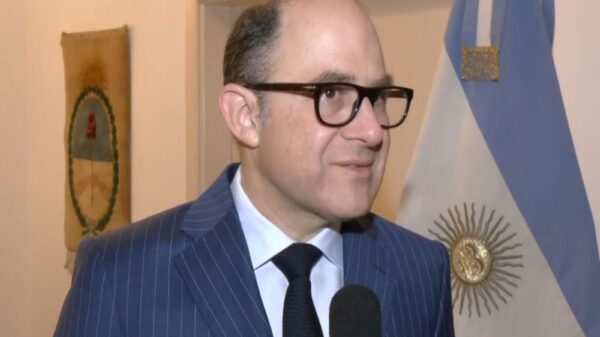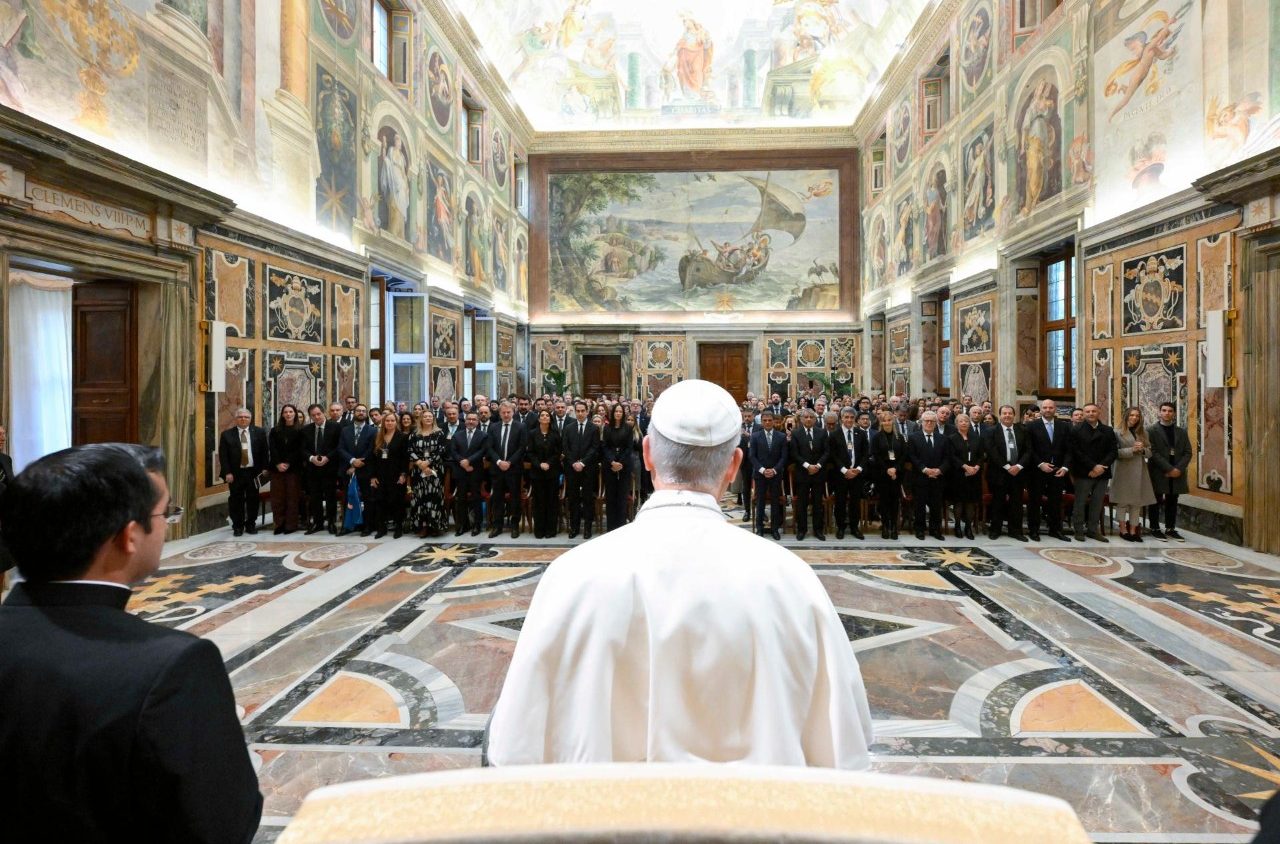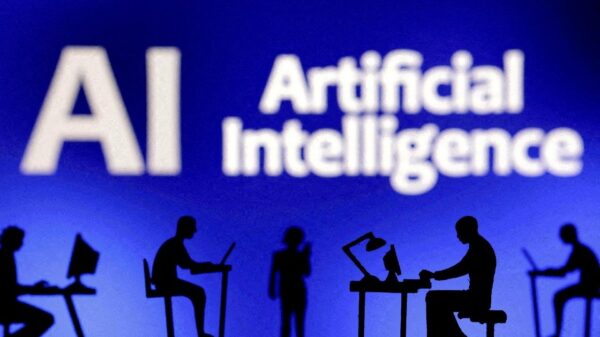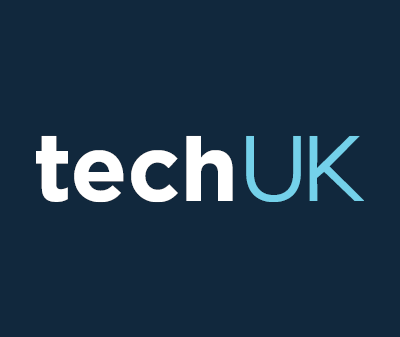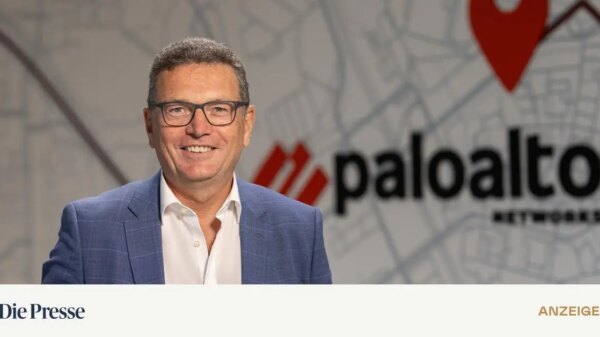Pope Leo XIV recently addressed members of the Latin American Association of Private Health Systems (ALAMI) at the Vatican, emphasizing the urgent need for an ethical approach to healthcare systems amid the rising use of Artificial Intelligence (AI) and technological innovations. This discourse took place during the 9th Seminar on Ethics in Health Management, organized under the auspices of the Pontifical Academy for Life.
During his address, the Pope underscored the significance of maintaining a clear ethical vision as technology continues to evolve and impact healthcare. He described the seminar, which coincides with the Jubilee Year, as a “pilgrimage” that encourages participants to reflect on the ethical value of their proposals. He welcomed the diverse expertise present, referring to the attendees as “pilgrims of hope” and recognizing the importance of their various competencies in the collective endeavor of caring for the sick.
Concerns About Ethical Bias in AI
As technological advancements proliferate, Pope Leo XIV voiced serious concerns about the potential for ethical biases within healthcare systems, particularly regarding the misuse of AI. He warned of the “possibility of bias” that could distort societal perceptions and erroneously exclude specific patient realities, leading to injustices in health resource management. The Pope noted that powerful digital tools could be manipulated to serve economic or political interests, creating an often-unnoticed bias in information presentation and management.
He cautioned that such distortions risk reducing individuals “to objects, to data, to statistics,” often based on treatment costs or the specifics of their illnesses. This reductionist approach, he argued, undermines the dignity of the patient and the very essence of healthcare.
A Vision Grounded in Human Dignity
In an effort to counteract these damaging tendencies, Pope Leo XIV urged healthcare professionals to adopt a broader perspective, one that emphasizes solidarity and the common good. He highlighted the necessity of “changing our gaze” to view patients as unique individuals rather than mere data points. The Pope articulated that technological advancements should not come at the expense of human relationships, saying, “This broad vision must never be separated from human contact, from a gesture of care, from the recognition of the concrete person in his or her fragility and dignity.”
In conclusion, Pope Leo XIV expressed his hope that an integrated approach—one that combines ethical foresight with a profound human presence—will guide health managers in their service to humanity. This call to action resonates particularly in the context of the healthcare industry’s current trajectory, where AI technologies are increasingly playing pivotal roles in decision-making and resource allocation.
The Pope’s reflections not only highlight the ethical dimensions of technological integration in healthcare but also serve as a critical reminder of the need for maintaining a humane approach in an increasingly digital landscape.
See also Pennsylvania Lawmakers Propose AI Deepfake Reporting Bill Amid Child Abuse Concerns
Pennsylvania Lawmakers Propose AI Deepfake Reporting Bill Amid Child Abuse Concerns Dubai’s Ethical AI Toolkit Drives $64B Economic Impact by 2030 Through Human-Centric Innovation
Dubai’s Ethical AI Toolkit Drives $64B Economic Impact by 2030 Through Human-Centric Innovation Anthropic Reveals Agentic AI’s Role in Major Cyber-Espionage Campaign Against 30 Firms
Anthropic Reveals Agentic AI’s Role in Major Cyber-Espionage Campaign Against 30 Firms Nvidia Faces Earnings Pressure as AI Stocks Dip; Analysts Predict Year-End Rally
Nvidia Faces Earnings Pressure as AI Stocks Dip; Analysts Predict Year-End Rally Nvidia Reveals 80% of Top Supercomputers Now Use GPUs, Transforming Scientific Computing
Nvidia Reveals 80% of Top Supercomputers Now Use GPUs, Transforming Scientific Computing

